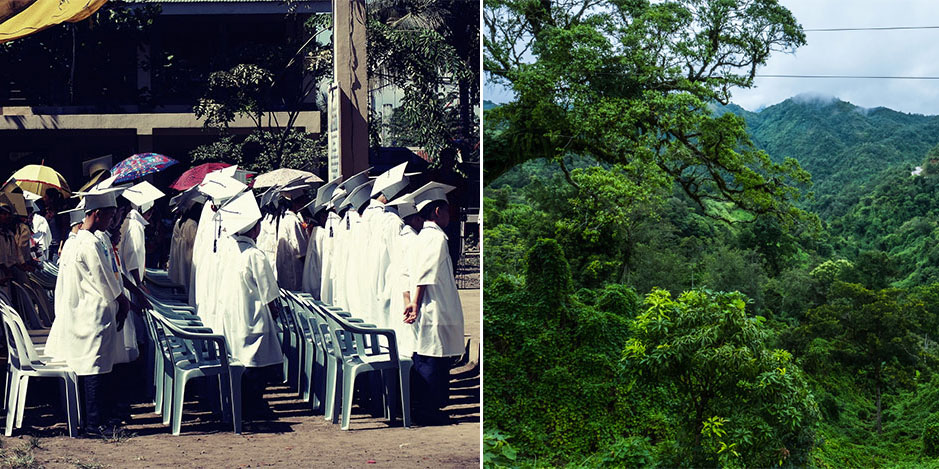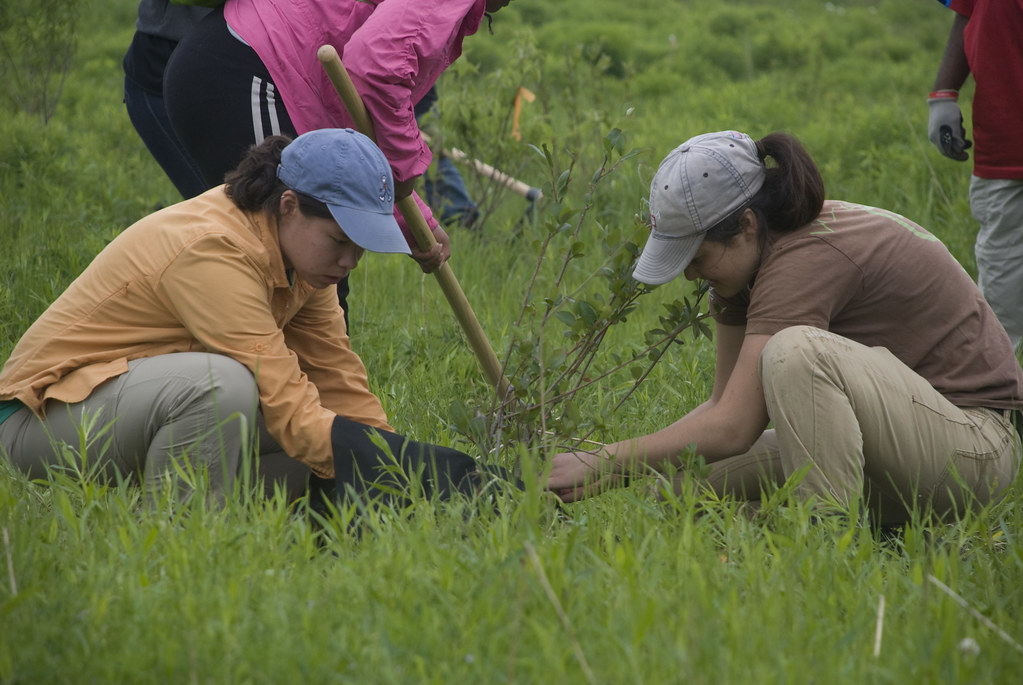In the Philippines, there’s a new house bill that requires students to plant 10 trees each in order to graduate. This new bill is the country’s response to reverse the effect of deforestation. More importantly, it aims to educate the young generation to partake in a campaign to save the dying environment.
Deforestation or loss of trees is one of the root causes of climate change, flooding, soil erosion, and greenhouse effect. The causes of deforestation include several factors. Urban construction, as a part of modernization, requires cutting down of trees to yield building materials and furniture. Mining activities also require clearing huge forests in order to make room for the mining site. In some developing countries, people have to cut down trees to get firewood for cooking and heating purposes.
Along with other Southeast Asian countries, deforestation is also a major environmental concern in the Philippines. Aside from the factors stated earlier, illegal logging is also a lingering issue in the country. Until now, the Philippine government has no absolute solution to prevent logging companies in indiscriminately cutting down trees. In 1900, the archipelagic country has a forest cover at 21 million hectares. But in 1999, the forest cover dwindled to 5.5 million hectares. In the last 40 years, the country loses around 47,000 hectares of forest every year. If this issue continues at this rate, the Philippines will become a barren, withering place in the near future.
In order to prevent this catastrophe, Party List Representative Gary Alejano proposed a bill that can solve the issue. The House Bill No. 1154 states that each graduating student in the Philippines has to plant 10 trees as a requisite for graduation. This condition will apply to all education levels – primary, high school, and college. There are approximately 17.5 million graduates per year. If this number of graduates would plant 10 trees each, there would be at least 175 million new trees planted each year. According to the bill, even with a ten percent survival rate, the initiative would still produce 525 million trees in the course of one generation.
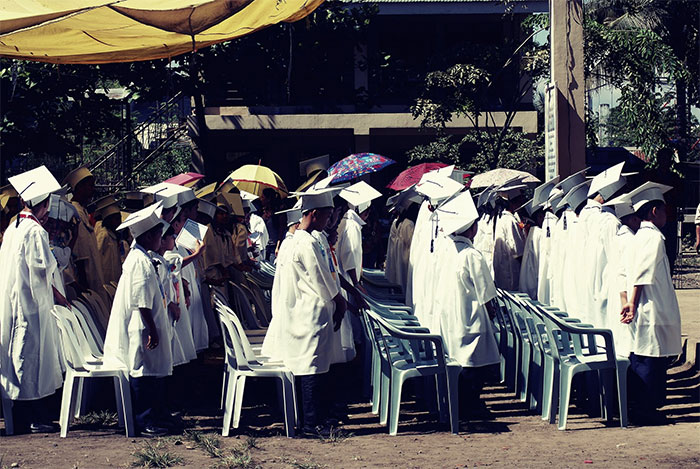
Congressman Gary Alejano proposed the House Bill No. 1154

The Philippine Congress passed the bill to the Senate on May 15. If it passes as a law, the younger generation could have a significant involvement in reviving the Philippines forest. This achievement, we believe, is much more dignifying than any academic achievement anyone could obtain. It would allow the children to restore and prepare the world that they will inherit in the future.
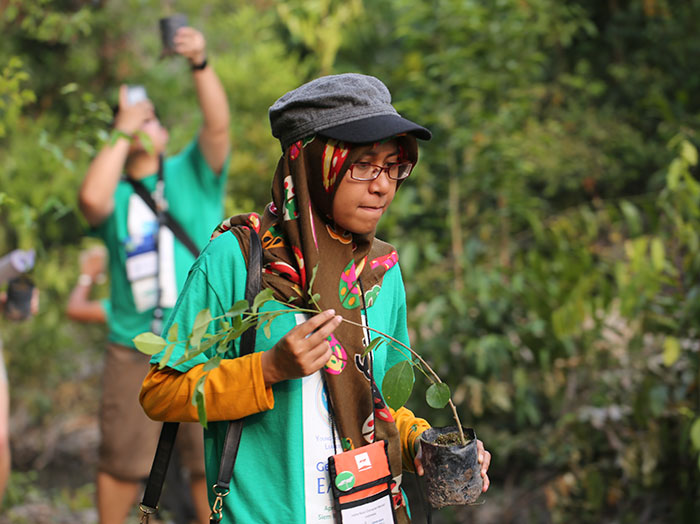
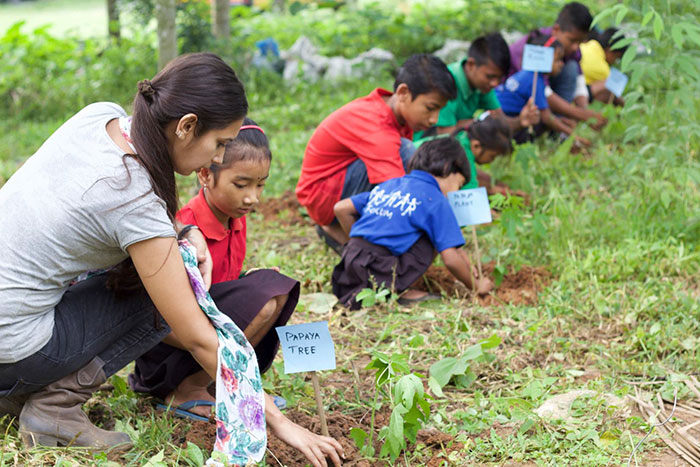
In fact, this is not the first initiative that requires the involvement of students in saving the environment. The Akshar Foundation, an Indian non-profit school, doesn’t accept money as a tuition fee. Rather, students are paying school fees by collecting and recycling plastic wastes. By bringing plastic wastes collected across the town, the students can seek education and clean the environment as well. Moreover, the school also helps the students earn money by encouraging them to create recycled products.
Akshar Foundation requires students to pay with collected plastic wastes instead of money for the school fees


